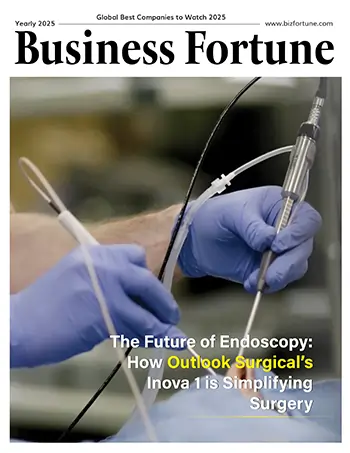Home Industry Environmental Sustainability UK Fuel Prices Set to Increase...
UK Fuel Prices Set to Increase in 2025 Due to Environmental Regulations
Environmental Sustainability

Business Fortune
03 January, 2025
Experts warn that UK drivers may see a £24 increase in the price of gasoline and diesel due to new environmental regulations that go into effect in January 2025.
By increasing the use of renewable fuels, these changes may increase wholesale costs for retailers, which could result in higher gas prices.
Fuel costs began to climb in December 2024. At the beginning of the month, unleaded gasoline cost 135.6p per liter; by the conclusion of the month, it was 136.4p. Additionally, the price of diesel went up from 141.6p to 142.7p. This contrasted with the declining costs that had provided some respite to drivers over most of 2024.
The UK government will mandate a larger proportion of renewable fuel in unleaded gasoline (E10) and diesel (B7) starting on January 1, 2025. The composition of the gasoline won't change, but wholesale prices will go up by around 0.30 to 0.40p per liter as a result. Filling up a big car with a 60-liter tank may cost an additional £24. Despite the little rise, experts caution that drivers should be mindful of it in the next year.
In 2021, E10 fuel—which includes up to 10% bioethanol—was introduced, contributing to a yearly reduction in CO2 emissions of 750,000 tonnes, or the equivalent of removing 350,000 automobiles off the road. Fuel costs will rise as a result of these new adjustments, which are intended to maintain this progress.
Competitive pricing are still available at supermarkets like Morrisons and Asda. Supermarket prices for diesel and unleaded gasoline at the end of December were 140.4p and 134.2p per litre, respectively.
Prices are expected to remain stable in January, according to PetrolPrices, with local competition significantly influencing whether or not shops pass on the higher costs. The UK government intends to launch a gasoline Finder tool that compares real-time shop price data to assist drivers in finding cheaper gasoline. This service may save drivers up to 6p per liter and is anticipated to begin before the end of 2025.


































.webp)